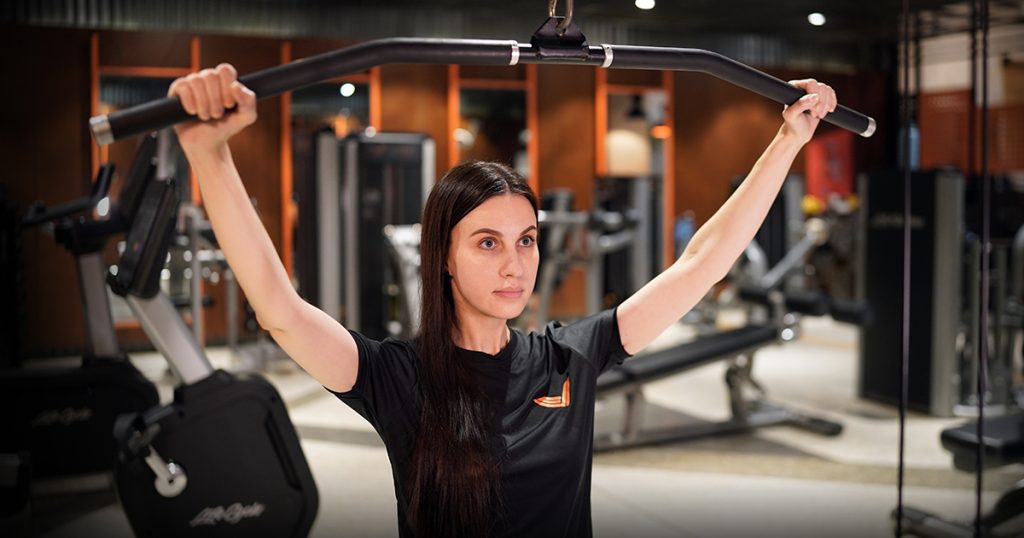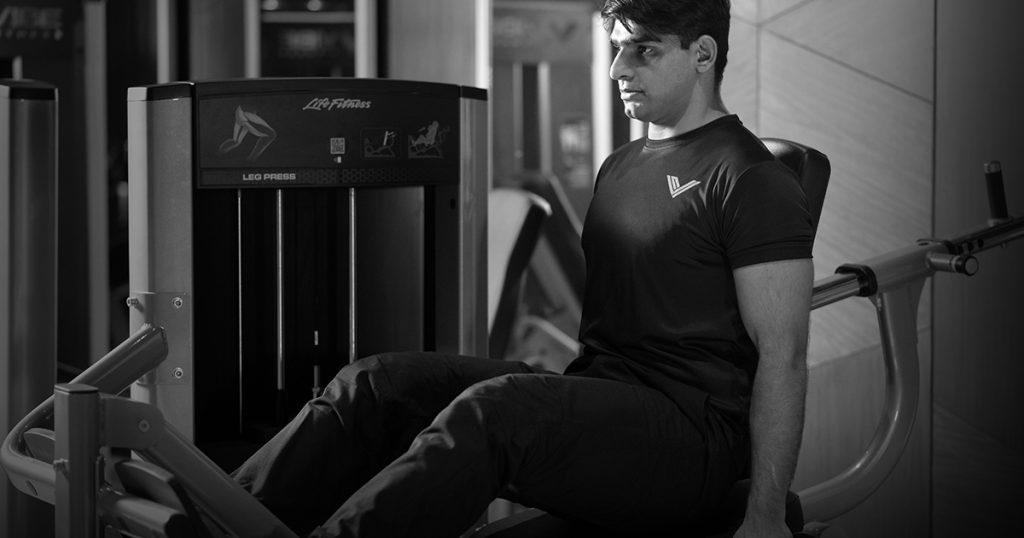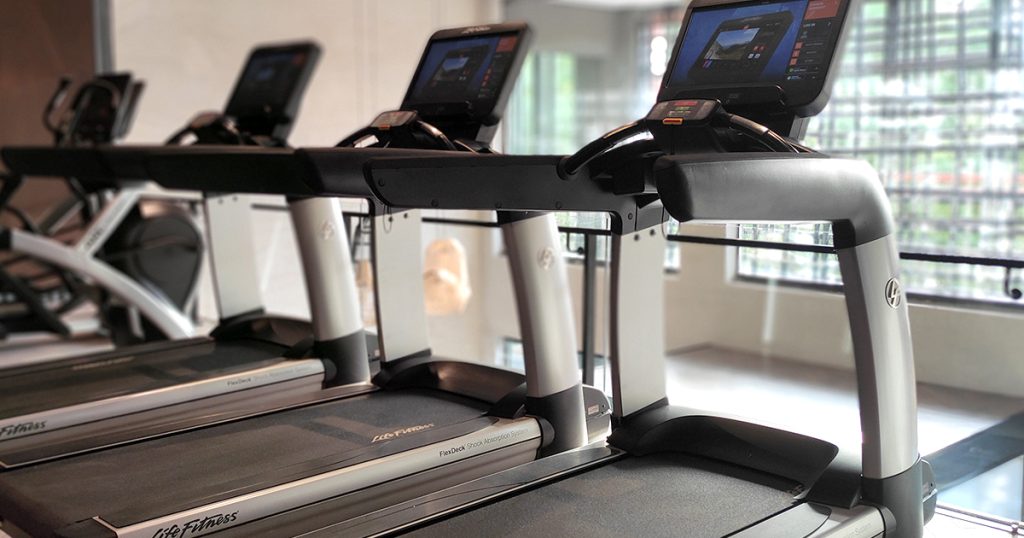
Mental Health Benefits of Exercise: More Than Just Physical Gains

Exercise isn’t just about looking fit—it’s about feeling better inside out.
Exercise isn’t just about shedding pounds or building muscles. It’s about creating a better you mentally, emotionally, and physically. When you move your body, you’re not just working toward a fitter form; you’re taking steps to improve your mood, reduce stress, and sharpen your focus.
Let’s know how staying active helps your mental health and why it’s a core principle behind Vibe’s philosophy.
What Are the Mental Health Benefits of Exercise?
Exercise boosts mental clarity, lifts mood, and reduces stress.
Even a short 20-minute workout can leave you feeling more alert, optimistic, and relaxed. That’s not a coincidence—it’s science.
- Releases endorphins that elevate mood
- Reduces anxiety and symptoms of depression
- Enhances sleep quality and energy levels
- Builds emotional resilience
How Does Exercise Affect the Brain?

Exercise fuels the brain with chemicals that support emotional well-being.
From endorphins to dopamine, working out activates your brain’s happy messengers.
Endorphins & Serotonin Boost
- Endorphins reduce the perception of pain and trigger positive feelings
- Serotonin helps stabilize mood and reduces feelings of depression
Reduces Stress Hormones
- Cortisol, the stress hormone, drops after moderate exercise
- Your nervous system shifts into a calm, restorative state
Brain Function & Memory
- Boosts hippocampus activity, improving memory and learning
- Increases blood flow to the brain, enhancing clarity and sharpness
Which Exercises Work Best for Mental Wellness?
All movement matters—but some workouts are especially mood-boosting.
Your mental health can benefit from different styles of workouts.
Aerobic Exercises (Walking, Jogging, Cycling)
- Great for reducing anxiety and depression
- Easy to maintain and perfect for beginners
Strength Training (Weights, Resistance Bands)
- Improves self-confidence and self-image
- Provides a routine and sense of accomplishment
Yoga & Mindfulness-Based Workouts
- Connects body and mind
- Promotes inner calm and clarity
How Often Should You Exercise for Mental Health?
Just 30 minutes a few times a week can make a difference.
You don’t need to be an athlete—consistency beats intensity.
- Aim for 3–5 days of moderate activity per week
- Start with short sessions and build gradually
- Mix in rest days to avoid burnout
Tips to Stay Motivated for Mental Fitness
The trick is to make exercise a joyful habit, not a chore.
Here are simple ways to stay on track:
- Start small: 10-minute workouts still count
- Track your mood after each session
- Work out with a friend or join a community
- Celebrate progress—not perfection
Can Exercise Replace Therapy or Medication?
Exercise complements treatment, but isn’t always a standalone solution.
Always consult a mental health professional for a complete approach.
- It can reduce the need for medication in mild cases
- Best used alongside therapy, not instead of it
Why Exercise is Self-Care, Not Self-Punishment
Moving your body is a way of showing yourself love.
It’s not about punishment—it’s about power.
- Exercise boosts self-esteem
- It helps you reconnect with your body
- It provides a safe outlet for emotions
3 Bonus Tips to Maximize the Mental Health Benefits of Exercise
1. Pair Exercise with Journaling
Writing down how you feel before and after workouts helps you track emotional gains.
2. Listen to Uplifting Music or Podcasts
Audio cues keep your mind engaged and inspired.
3. Hydrate and Fuel Wisely
Your brain works better when your body is nourished—don’t skip meals after a workout.
Which Gym Equipment Is Best for Mental Health?

Cardio machines, such as treadmills, stationary bikes, and rowing machines, as well as yoga mats and props, support mental wellness.
When it comes to boosting brain health, movement is medicine. Cardio machines like treadmills, stationary bikes, and rowing machines stimulate endorphin release, reduce anxiety, and improve focus. They offer a rhythmic, meditative experience that clears the mind while energizing the body.
Exercise mats and props are equally powerful. These tools help you slow down, breathe deeply, and reconnect with your body. Stretching, holding poses, and mindful movement all promote mental calm and emotional balance.
Where Vibe Comes In: Your Mental Wellness Partner
At Vibe, we believe wellness starts with movement.
Our mission is to make fitness a joyful, accessible journey for everyone.
- Our equipment is hand-picked to support your goals
- We offer gear that enhances home workouts and gym routines
- From resistance bands to yoga mats, we’ve got your wellness covered
Find Us at Hadayat & Co.
Your mental health tools are closer than you think.
Vibe products are readily available at Hadayat & Co., so you can shop locally and stay consistent.
- Visit their physical store or browse online
- Get quality fitness gear without international shipping delays
- Enjoy bundles that promote holistic fitness
It’s Time to Move for Your Mind
The next time you feel overwhelmed, sad, or mentally drained—try moving. Not because you “have to,” but because you “get to.” With every step, rep, or stretch, you’re investing in your happiness.
Remember: You’re not just exercising your body—you’re empowering your mind.
FAQs
Q1: What is the best exercise for mental health?
Cardio exercises like walking, running, or cycling are best for boosting mood. They reduce stress and increase brain activity.
Q2: How often should I exercise for better mental health?
Aim for at least 30 minutes of moderate activity 3–5 times a week. Consistency is more important than intensity.
Q3: Which gym equipment in Lahore supports mental wellness?
Cardio machines like treadmills, stationary bikes, and rowing machines, as well as yoga mats and props, are ideal tools.

